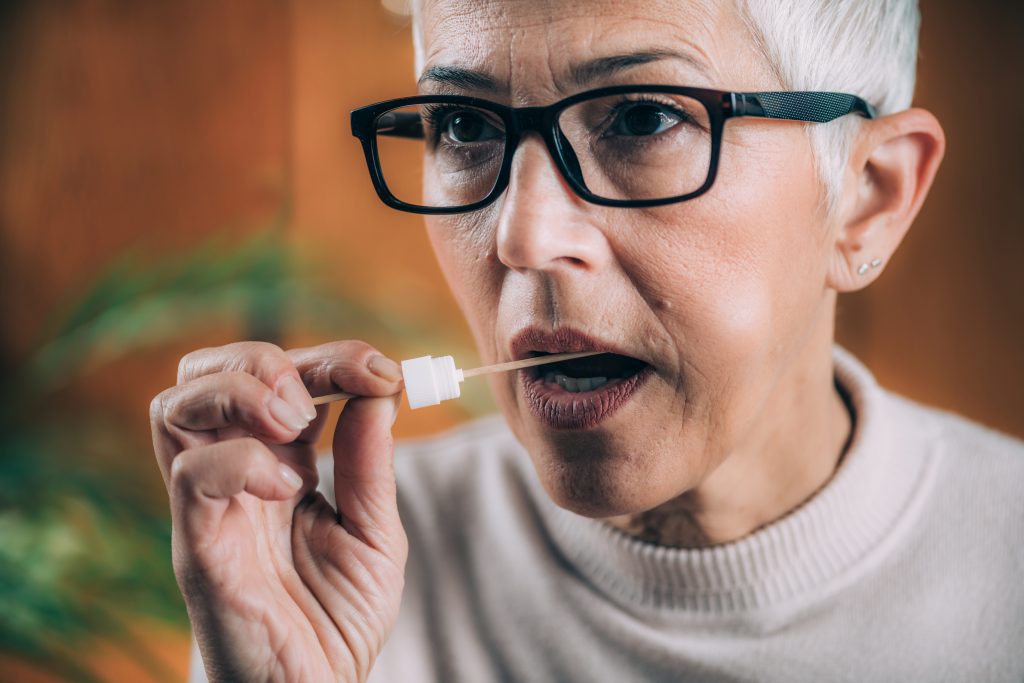Creating Person-Centered Bathing
Surveys show that about half of residents in care facilities get disturbed during bathing. Understanding why bathing causes distress can turn bath time from a task-centered struggle to person-centered care.
Unfortunately, for people with memory loss, this once familiar task can now be disorienting. It is also one of the most intimate. Your person may feel embarrassed, frustrated by loss of independence and dignity, or think they have already showered.

They often don’t realize they need help and resent the caregiver’s attempts. Start by letting your person do as much as they can, such as pulling down their pants. You might need to help them a bit, but allow them to think they’re doing most of the work. This will give them a greater sense of control.

Address one section of the body at a time, using calming words and tone, and try to include the person in the process.
These proven tips may help:
- Establish a routine and follow the same bathing schedule the individual had before diagnosis (time of day, frequency, etc.)
- Make sure the bathroom is safe, with shower chair and bars. Provide as much privacy as possible.
- Let them pick out their towel and after-shower clothes.
- Ensure proper room temperature before disrobing.
- Prepare in advance. Make sure soap, towels and other items are within reach. Use bathing items that are soft to minimize skin irritation.
- Always test the water temperature.
- Limit the number of showers each week. Try for three, if possible.
- Make showers as quick as possible. Wash the most important parts first.
- Offer a bath with assistance, instead of a shower.
- Sponge bathing might be an option.
- Model the behavior on how to wash the body. Some people might need direction.
- Ask a family member to assist. Your person might be more comfortable with someone of the same sex assisting, such as a son helping a father.
- Play soothing music or light candles to relax the person.
- Use fragrances that are enticing.
- Offer a snack after shower time.





